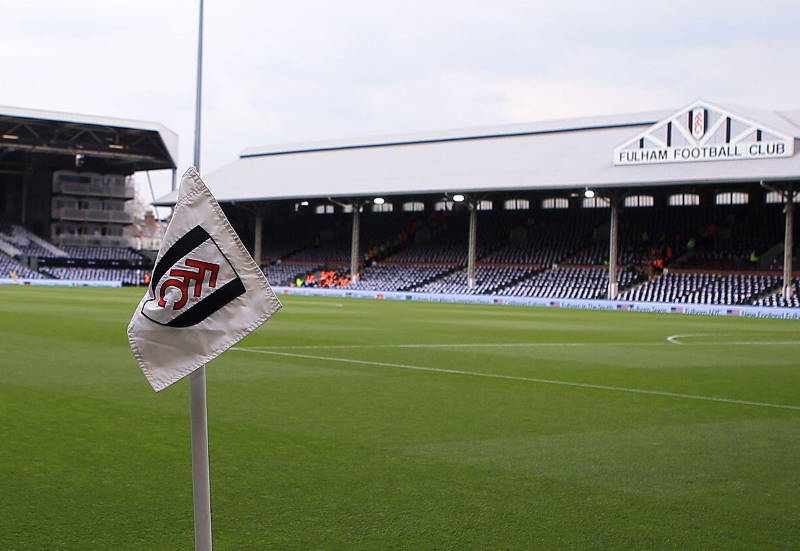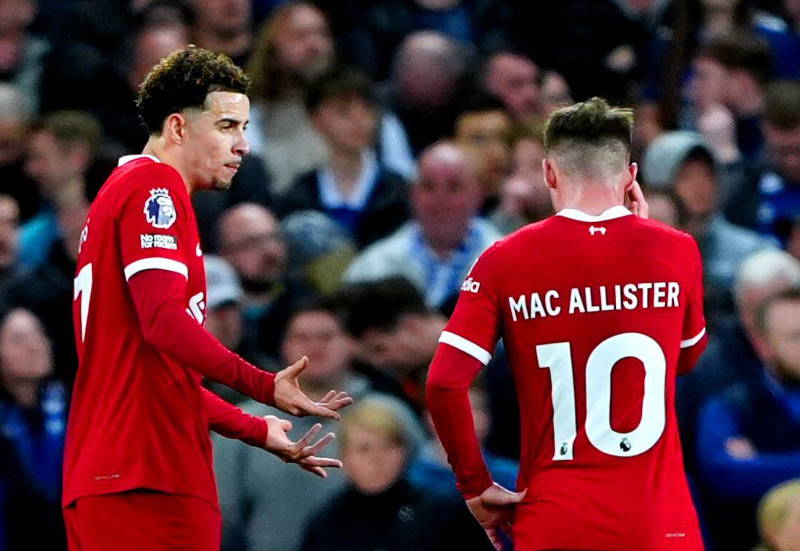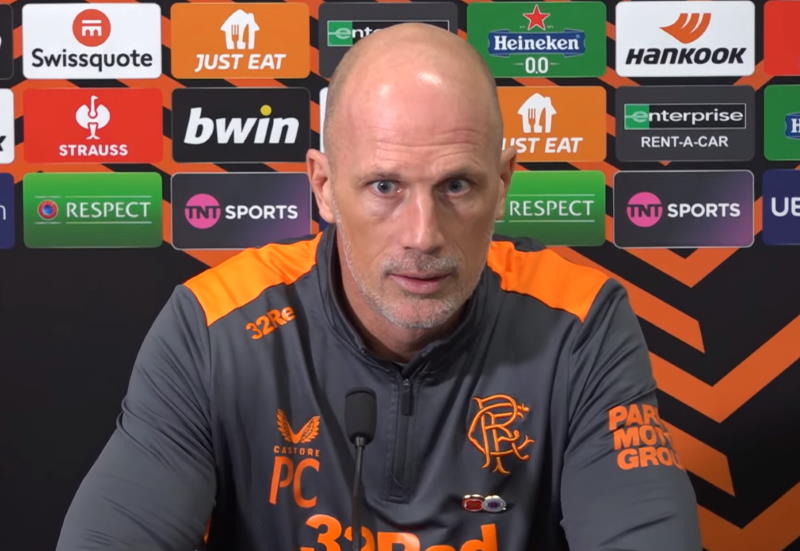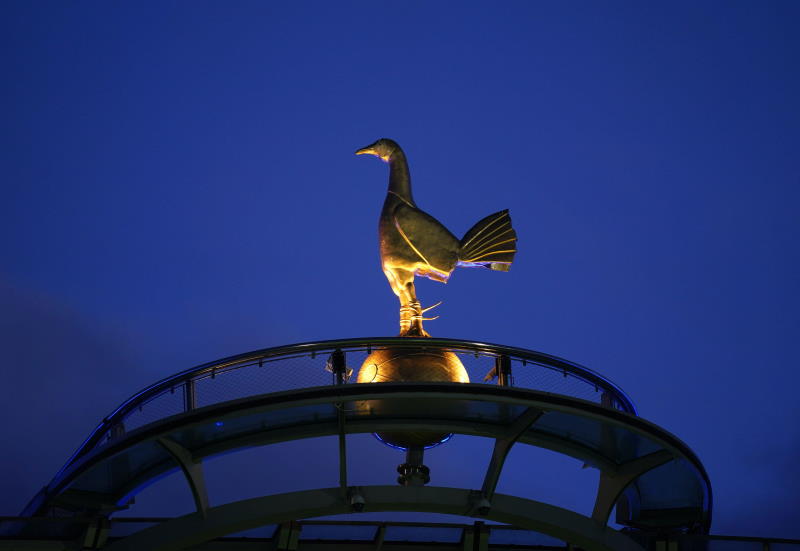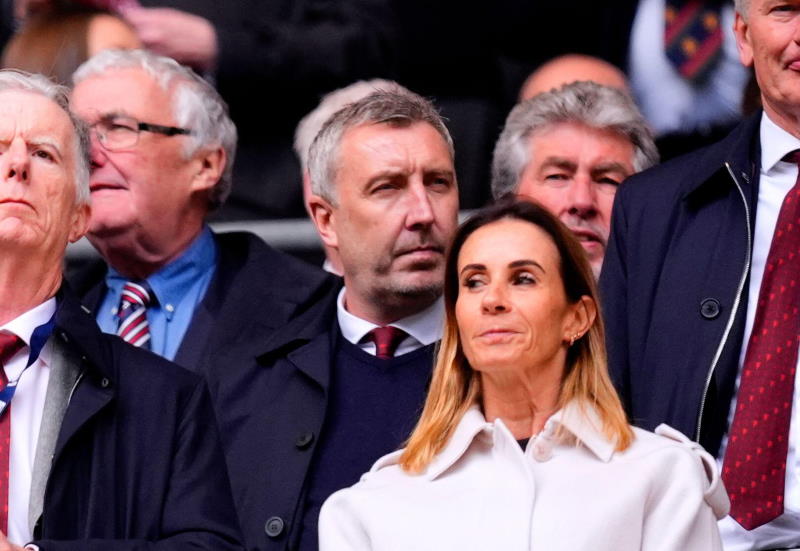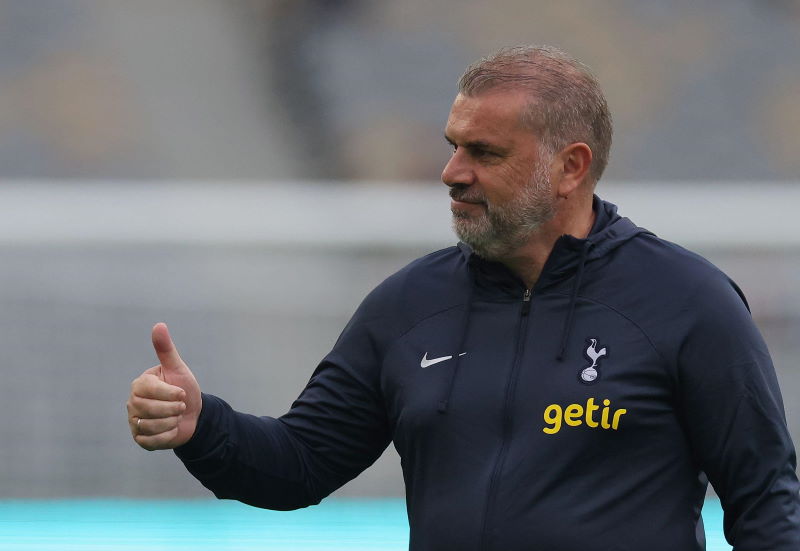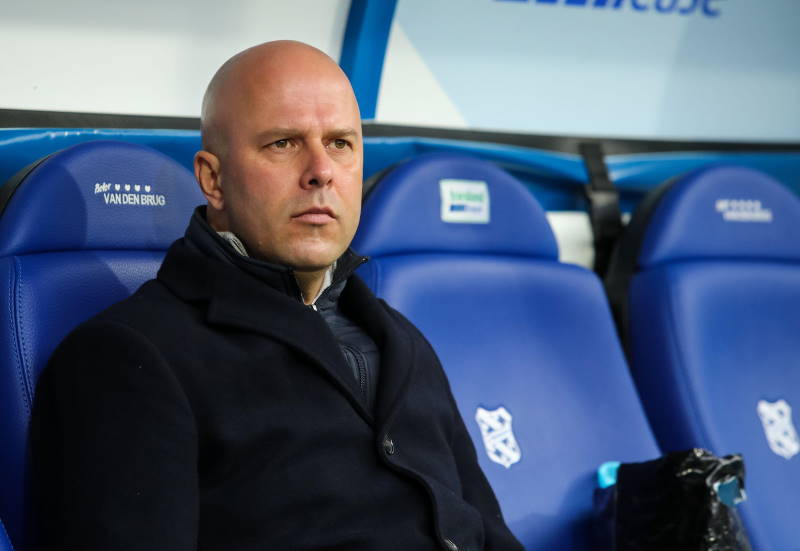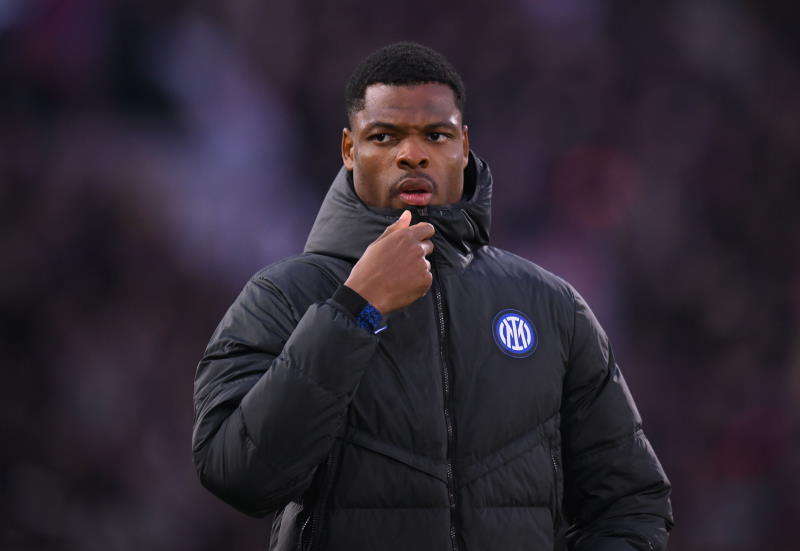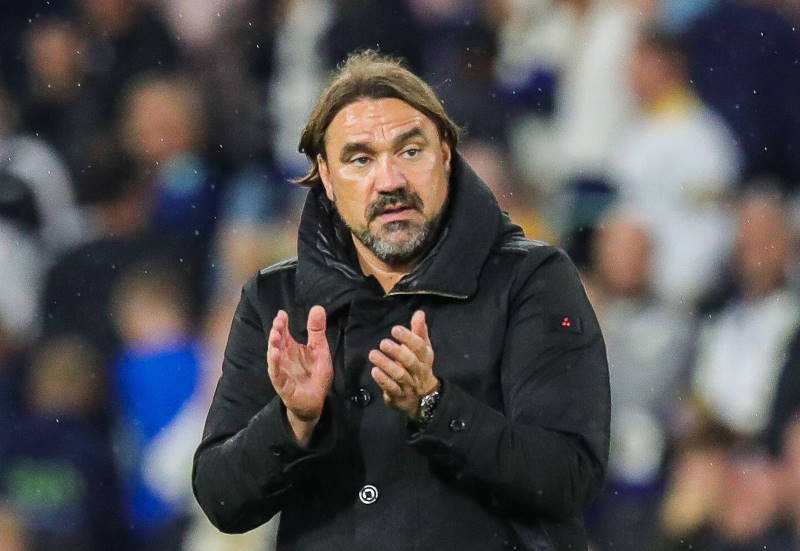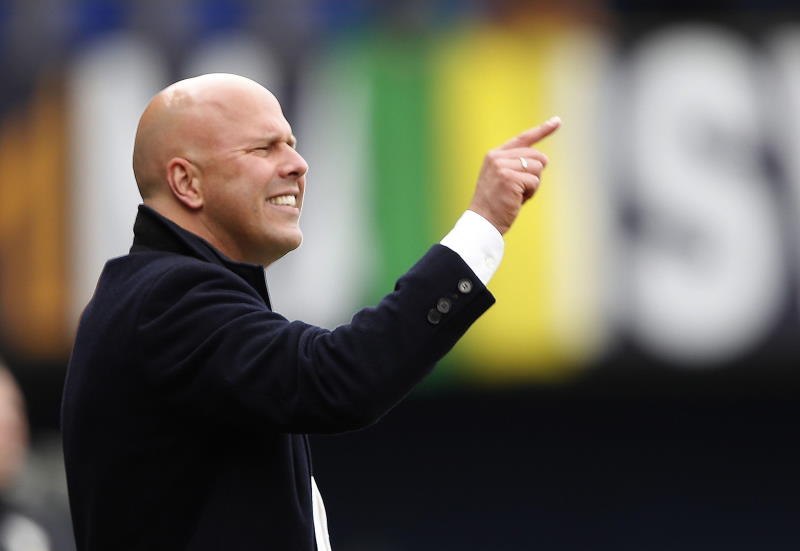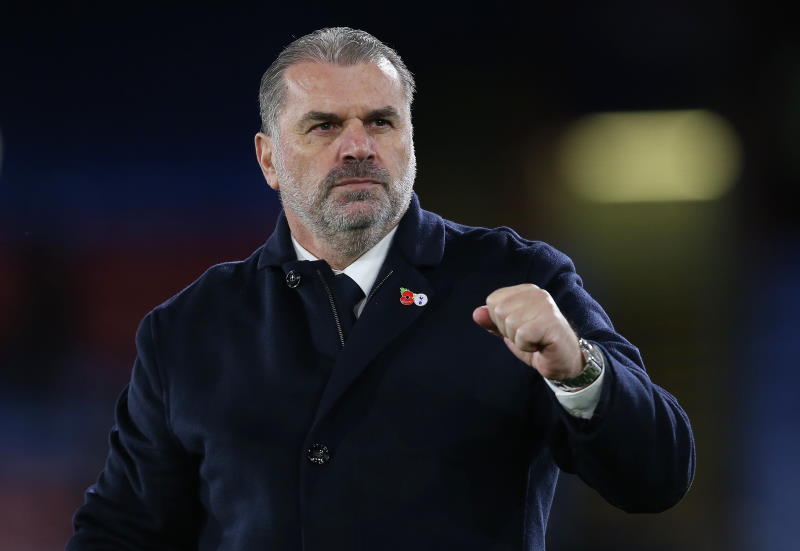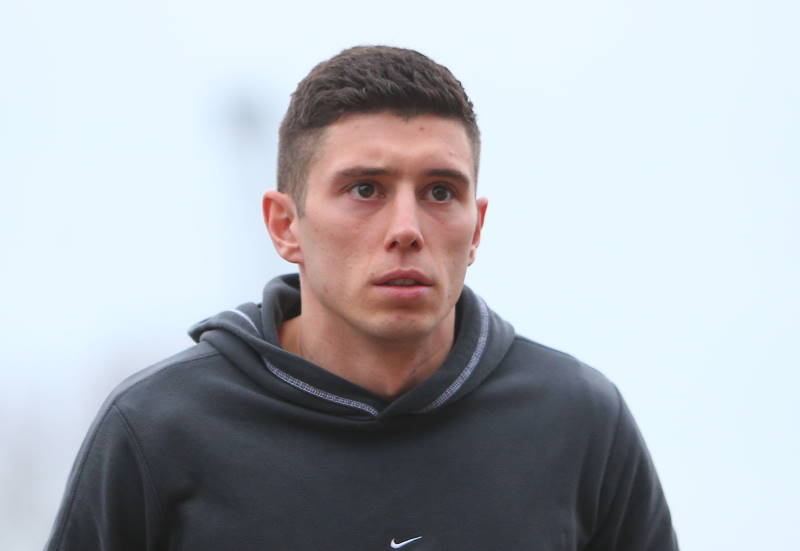
An Englishman in Nijmegen. Michael Higdon, striker at the city’s local side NEC, isn’t however the first to live through the experience. Current Bahrain coach Anthony Hudson and former Manchester United man Chris Eagles played at the Goffertstadion before him. Higdon however, chose to join the Eredivisie relegation candidates following an impressive season with Motherwell, netting 26 goals that made him the top scorer in the Scottish top flight and helped the Lanarkshire club finish second in the league behind Celtic. Inside Futbol ran through the key topics with the English striker.
Career: “Motherwell did their best to make me sign a new deal, but I was looking for something different. I need to experience a different side of football. I was very happy there, but I had to think of myself, of the development of my career and my family. Don’t think however I moved to Holland only for the money, otherwise I could have gone to Russia or Qatar and made a lot more money than I am making here. Holland is not too far from home, has a great football tradition and everyone speaks English.”
NEC Nijmegen: “If you have any ambition then you want to see how you’ll get on in new surroundings. This is the reason why a former Scottish Premier League top scorer is now playing in the Eredivisie. I spoke with [Scottish manager] Jimmy Calderwood about NEC. He played in Holland for many years and became a coach here too. I asked him for a bit of advice, not only about football. 'How was life in Holland? How passionate were the fans?' He told me I had all the qualities to become a fan-favourite: a two-footed striker, good nose for the goal, physically strong, an a good header.”
Coaches: “[Former NEC manager] Alex Pastoor was the first coach I met in my career who didn’t yell and shout at the players. I used to work with coaches who would cut your head off if you made a wrong pass. Pastoor was different; he was laid back and didn’t rant and rave. It was a pity he was sacked, however football is a cruel world: if you do not win for 13 consecutive games, you are out; it doesn’t matter how good your relationships are with the players. Luckily the current coach Anton Janssen has the same approach, and his training methods are similar to Pastoor’s. I see no differences between the two. NEC had a horrendous start to the season. We conceded too many goals, but it was not only the backline to blame. We didn’t play as a team because we lacked experience. It is a new team here and a lot of the players are 21 or 22. We need time. When on 25th October I scored my first goal in the Eredivisie against Heerenveen, I gave NEC their first victory for eight months.”
Training: “I have never had double sessions in England or in Scotland, except during pre-season, but at NEC we have them twice a week and have only one day off each week. Even the intensity of the training sessions cannot be compared. It is a matter of games played. In the English lower divisions you play about 46 to 50 games in a season, including the cups. Such a high number of games mean you need time to recover. In Scotland it is the same. At Motherwell we made a deal with coach Stuart McCall: if we won on Saturday, we had Sunday and Monday free. On Tuesday we had an hour-and-a half workout, and then on Wednesday we were free again. Luckily for me and my team-mates, last season Motherwell lost very few games. Maybe this is the reason why my first months in Holland were so difficult.”
English Premier League: “You have to be realistic and know your limits. I will never play in the Premier League because I am not quick and agile enough to make an impact there. However, if I look back at what I have done so far, I think I have proved to be a better striker than I was ever given credit for: 40 goals in 72 games played for Motherwell proved it. Last season I was crowned SPFA Players’ Player of the Year and I was the top goalscorer in the league. There are many ways to judge a striker, but there is only one thing that really matters: his goalscoring rate.”

Roots: “I come from a working class family. My father was a taxi driver, my mother worked as a nurse for an elderly care facility. I grew up in Bootle, a working class neighbourhood five kilometres far from the centre of Liverpool – a tough place to live. Luckily I had good friends and a solid family behind me. I left school at 16 to focus only on football. Two years before I had joined Crewe Alexandra signing a schoolboy deal. It was my first professional club, because until I was 14 I played only at an amateur level, most of the time on Sunday with friends. Then I had this trial with the Railwaymen and just few minutes after kick-off, the then-manager Dario Gradi took my aside and told me I was in. Gradi was fundamental for my career, as he converted me from midfielder to striker after I suffered an injury that limited my mobility and made impossible for me to cover a wide area on the pitch.”
Dean Ashton: “He was my team-mate at Crewe Alexandra. He was 17 and was phenomenal. Everybody within the club predicted a bright future in the game for him. Sadly, his career was frustrated by injury. Watching him playing was a pure pleasure.”
Scotland: “I left Crewe Alexandra when I knew there was no place for me anymore in the starting eleven. When Falkirk made their bid, I accepted without thinking twice. Playing in the Scottish Premier League was surely better than another season in England’s second or third tier. The best moment was when we reached the cup final, before losing against Rangers. That happened again when I played for St. Mirren: another final, another defeat against Rangers. Then I moved to Motherwell.”
Dutch Eredivisie: “The standard of football is really good in Holland, both technically and tactically. And the Dutch league is an open competition with four to five title contenders until the final round, while in Scotland it was only Celtic versus Rangers and, now, only Celtic. Last but not least, the stadiums are fantastic and they are always full. The level of Dutch football is higher than the Scottish. Some may argue that recently Celtic beat Ajax in the Champions League, but in my opinion Celtic are not Scottish football. Compare the other SPL teams with clubs like PSV Eindhoven, Feyenoord, Heerenveen or Twente, and you’ll see the difference.”
Ambitions: “Now I am totally focused on NEC. Things have improved within the last two months, but there is still a lot of work to do to avoid the relegation playoff. I have so far scored six goals in the league and one in the Dutch Cup; on 22nd January we will play in the quarter-finals at home against Utrecht. My aim is to score at least 15 goals. I know I am a little bit late, but I am still confident. Give me a good ball and I’ll put it into the goal.”
Don't bet on football until you've visited Inside Bet! Interesting markets, top tips, betting facts – get all the info before you bet.

